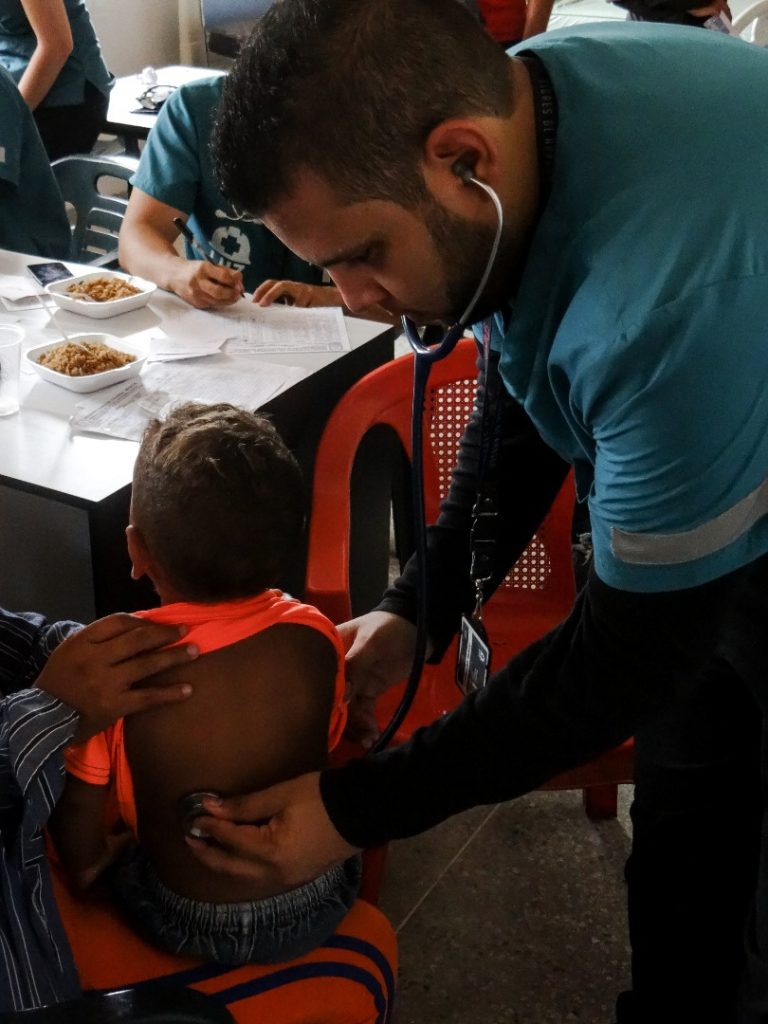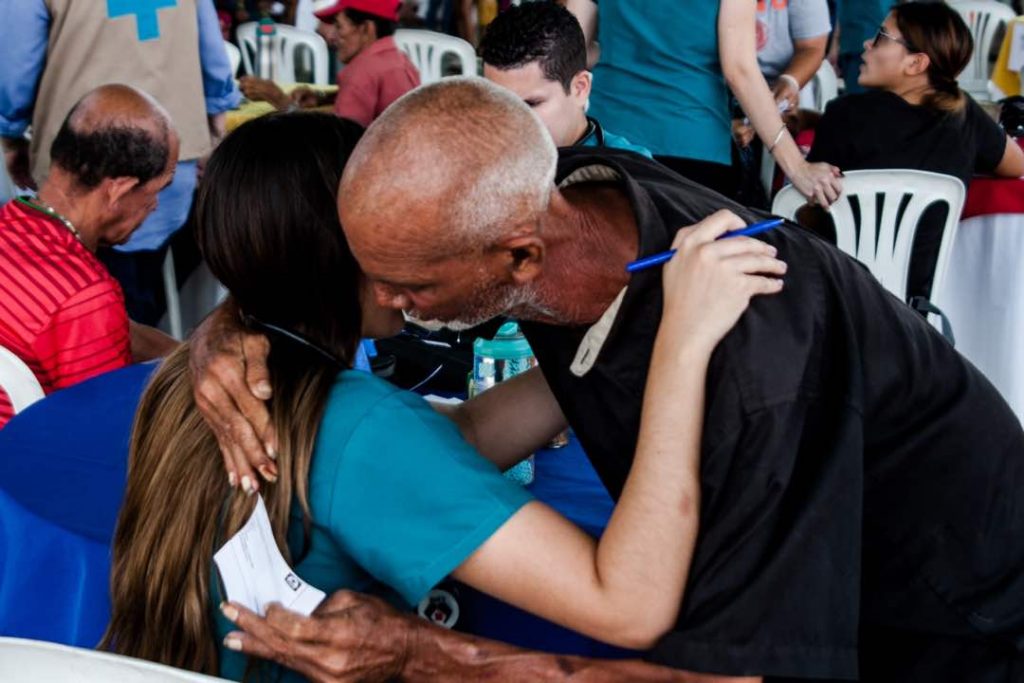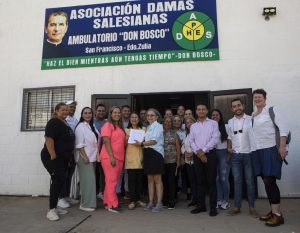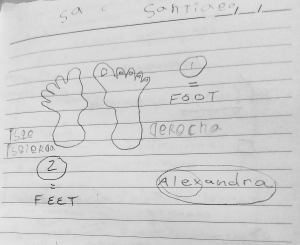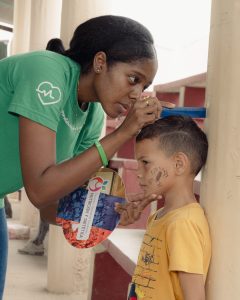Improving access to healthcare has been at the core of Factor-H’s mission since its inception, knowing that health systems are usually under-prepared to optimally serve the rare diseases, and the situation in which HD families live in many regions of Latin-America makes the situation even more complex. The strategic planning that Factor-H recently concluded emphasizes in characterizing the dynamics of the health system(s) and the nature of the limitations that HD families encounter to access the system. While the conditions and availability of resources is dissimilar across the three countries where we hold activities, in many regards, education is a common cause. Patients and families are very often uninformed about the nature, progression, and implications of carrying the disease; governmental and medical authorities lack an accurate assessment of the magnitude of the situation, and health insurance companies are unaware of the multi-disciplinary requirements for treating the patients or lack the number of specialized professionals to confront the situation, for example. Those, in our own assessment, are factors susceptible to be counteracted by improving access to information, and by educating the health system players at all levels.
Adapting to each country’s particularities, Factor-H recognizes that a combined approach in terms of impact over time is required. First, an acute phase by which medical attention is provided, or time-sensitive limiting factors to medical care access are promptly resolved in a case-by-case basis. Second but not less important, a phase with long-term impact by which those aspects affecting the role of each of the health system players are improved.
The acute phase mainly covers actions at the level of patient-health professional interaction. As part of it, Factor-H opened a once-a-week psychiatry clinic in the San Luis neighborhood of Maracaibo, Venezuela, where Dr. Rey Varela, a psychiatrist hired by Factor-H, sees about 10 people per week, among HD patients and family members, some of them coming from the city of Maracaibo, as well as some that come from nearby towns. In Colombia, invaluable help from volunteer physicians has allowed us to establish a telehealth program to address primary health concerns among HD patients and family members. Neurologists, neuropsychologists, and nurses from the Grupo de Neurociencias of the Universidad de Antioquia has also helped us enormously opening appointments for tens of patients living in the Medellin metropolitan area. In the Colombian coastal region, Factor-H’s volunteers and social agents supported by donors like you, act also as permanent point-of-contact to assess and resolve sudden limitations in access to health care. Thanks to them, a patient gets to schedule an appointment with its primary care physician, or obtains difficult to find or expensive medication, or sees a movement disorder specialist.
The long-term phase implies activities targeting basically every level of the health system structure but are also anchored on specific goals from the other three pillars of strategic action at Factor-H. For example, in close interaction with the Data Collection and Advocacy pillar, an ongoing socio-economic survey of HD families across Colombia and Venezuela will also serve the purpose of helping us feed the governmental databases. Enhancing the existing information in those databases becomes critical for the local, regional, and national authorities to have a better assessment of the current situation and needs of HD families, and to better focus national-level efforts. In a similar but more broad, multinational effort, Factor-H co-founder Dr. Claudia Perandones is leading work with HD specialists from virtually every Latin-American country on the elaboration of a clinical consensus for the treatment of HD. Once finished, we expect this to have a direct impact on the ability of physicians and medical institutions to implement effective treatment plans based on the latest evidence and available resources at each country. In another front, in collaboration with movement disorder specialists at University of Texas, Factor-H is preparing a set of easy-access guidelines aimed to improve the decision-making process made by the primary care professional whenever seeing an HD patient in the urgent care setting. After evaluation by the Colombian Neurology Association, we expect these guidelines to be distributed to public and private healthcare centers in the geographic areas where HD is most prevalent, hoping to effectively improve the quality of care in those areas.
In the end, while we are aware that solving the problem of insufficient access to efficient, optimal healthcare is a complicated task, we also know that those are better faced by a multi-front approach in which we work to alleviate the structural problems of the health system while not ignoring the immediate current needs of HD patients and families. We count on every volunteer, every social agent, every nurse, primary doctor, or specialist, and -more importantly- we count on your support to keep moving forward these ambitious goals.
-
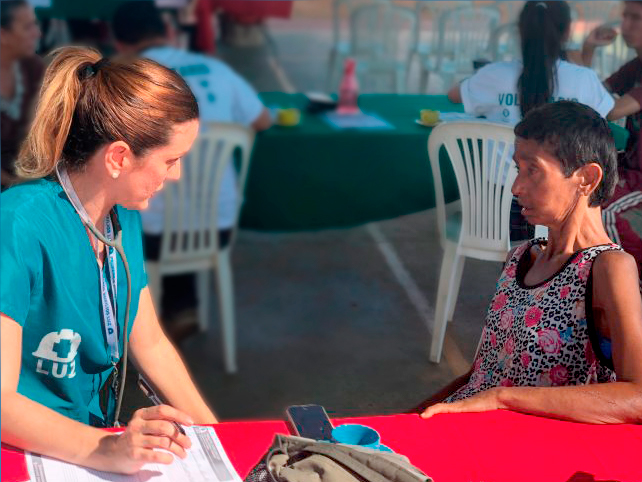
-
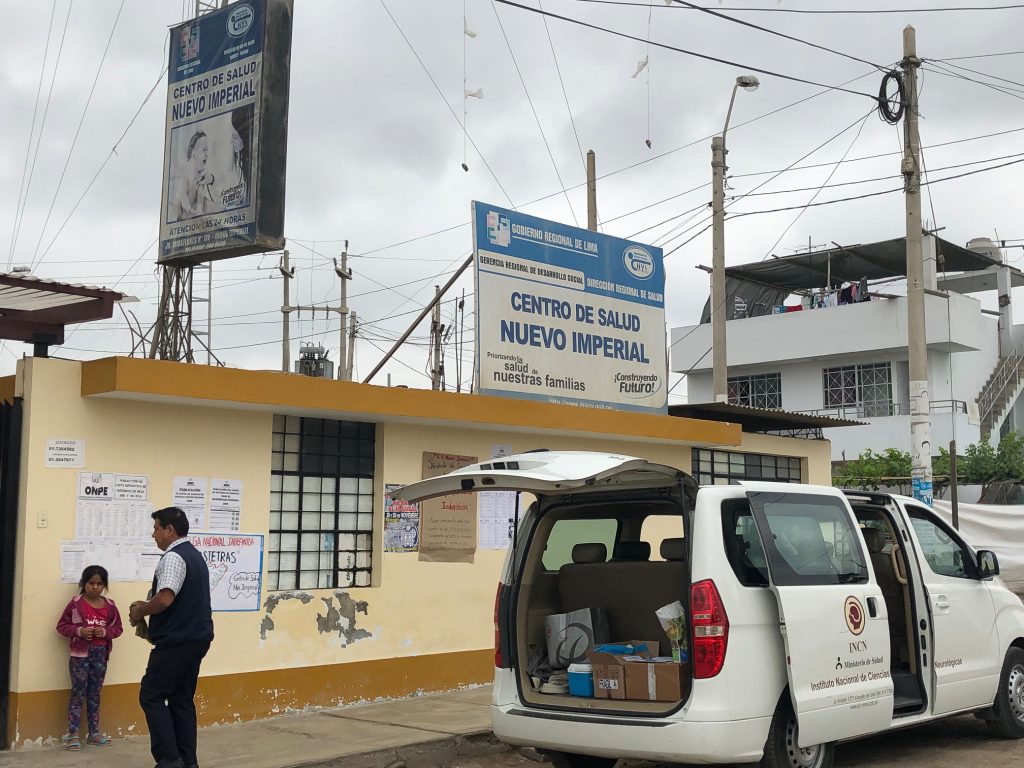
The clinic in Cañete -
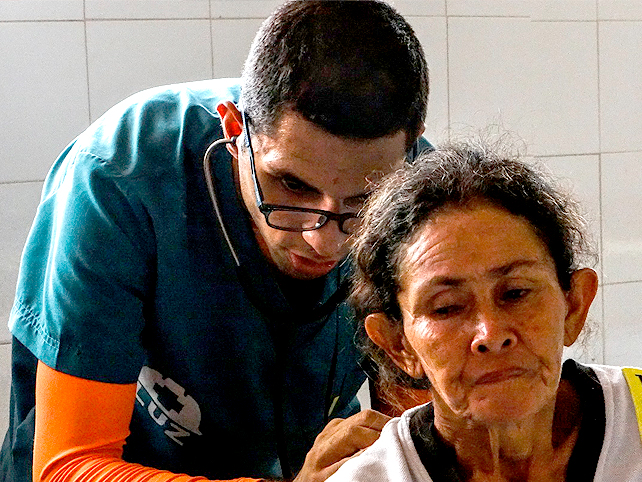
-
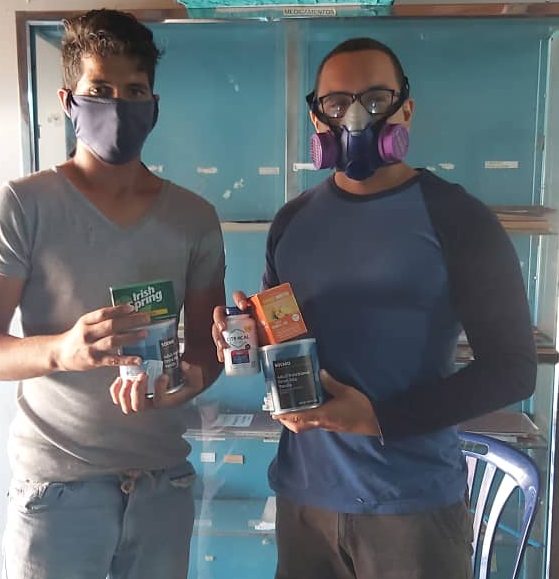
-
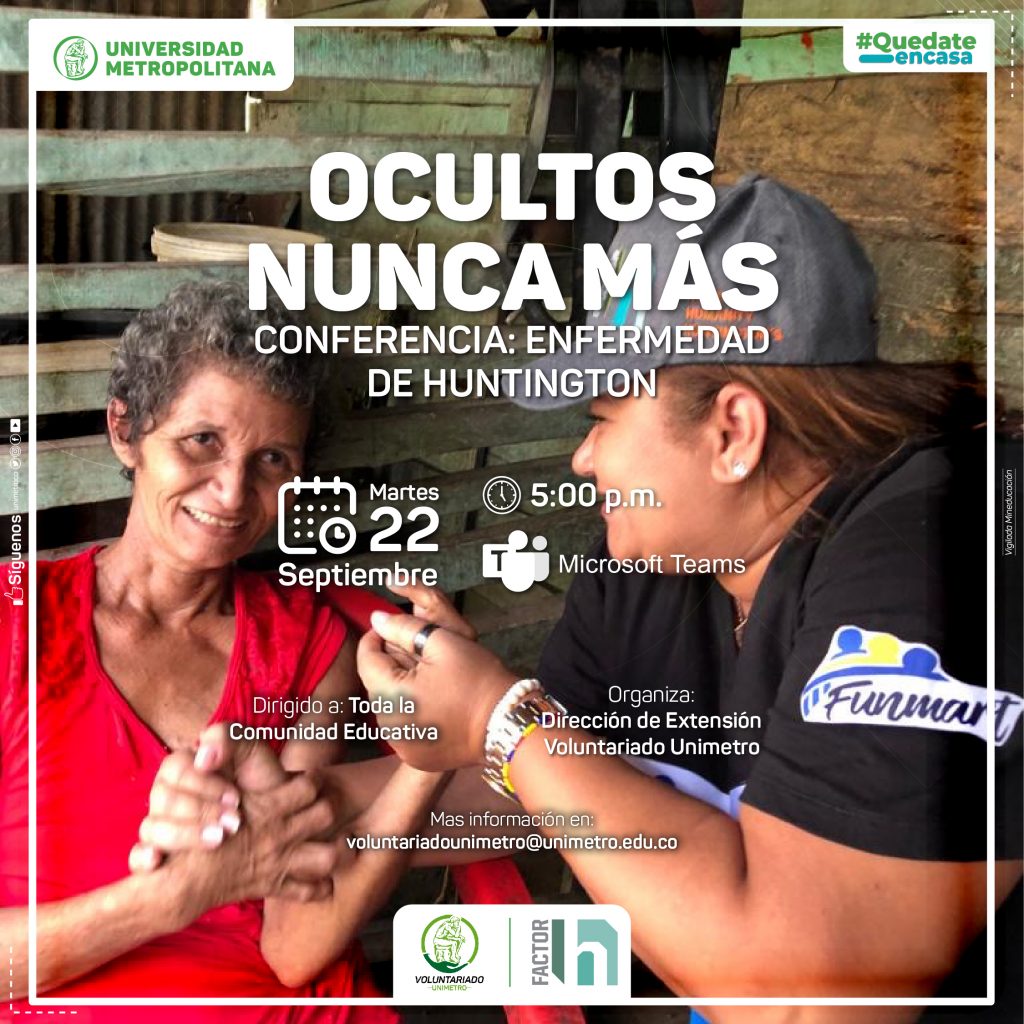
-
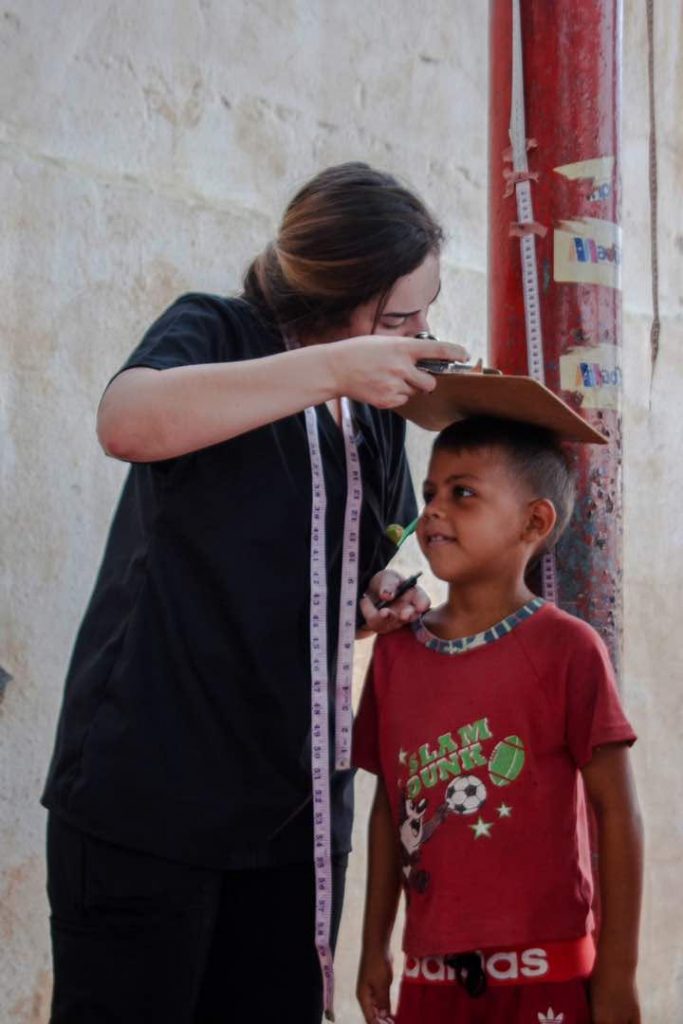
-
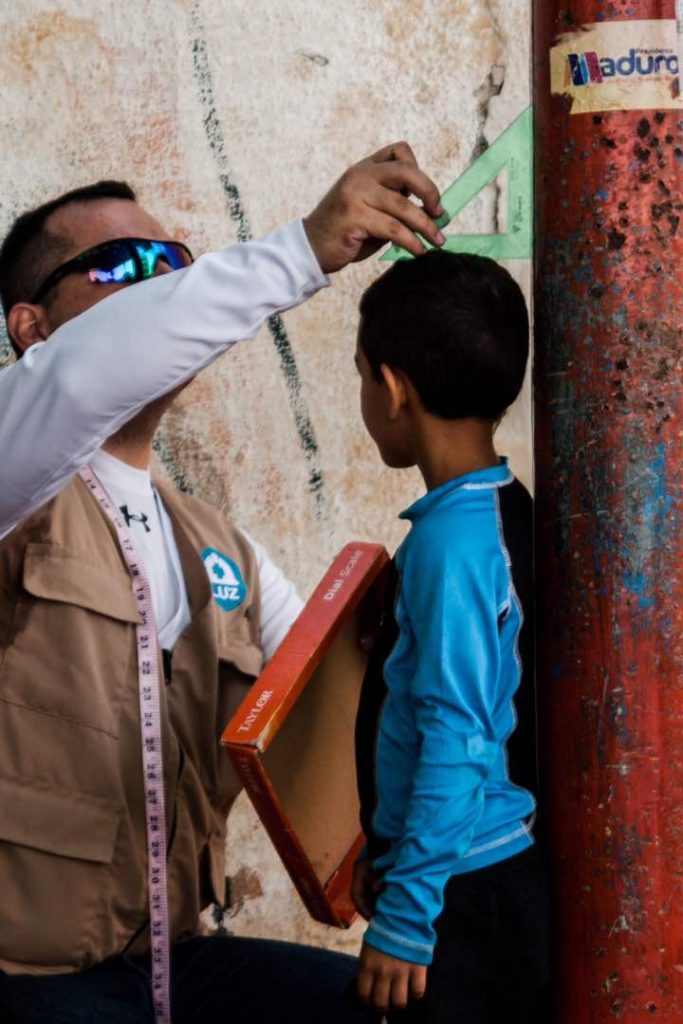
-
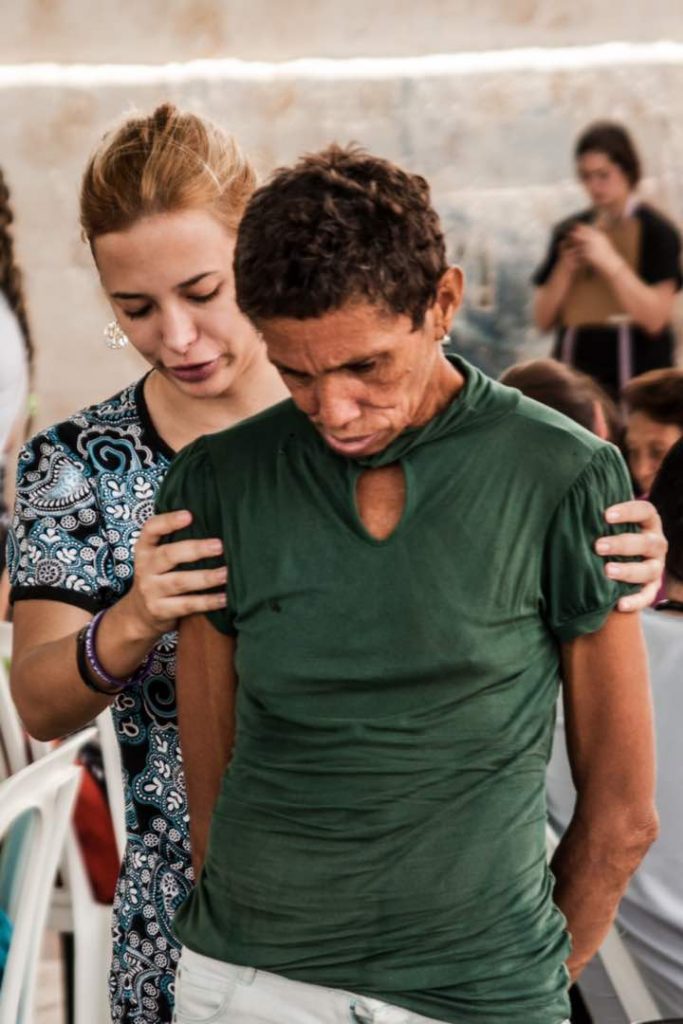
-
